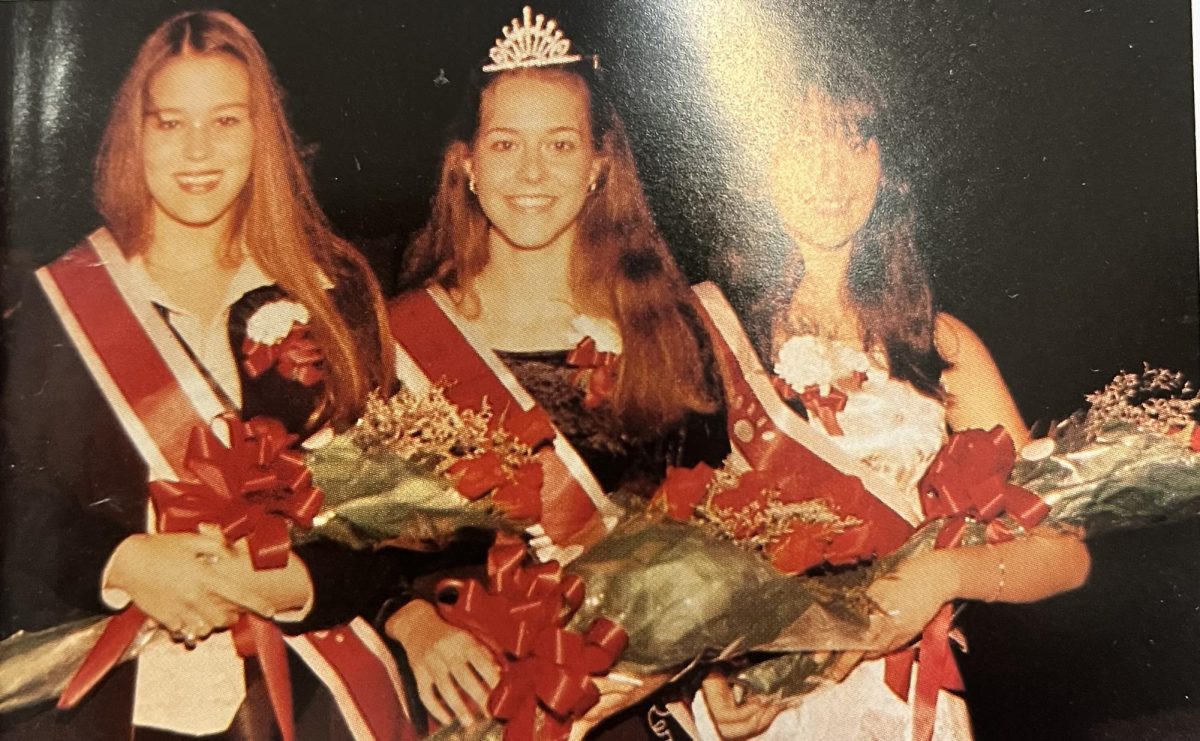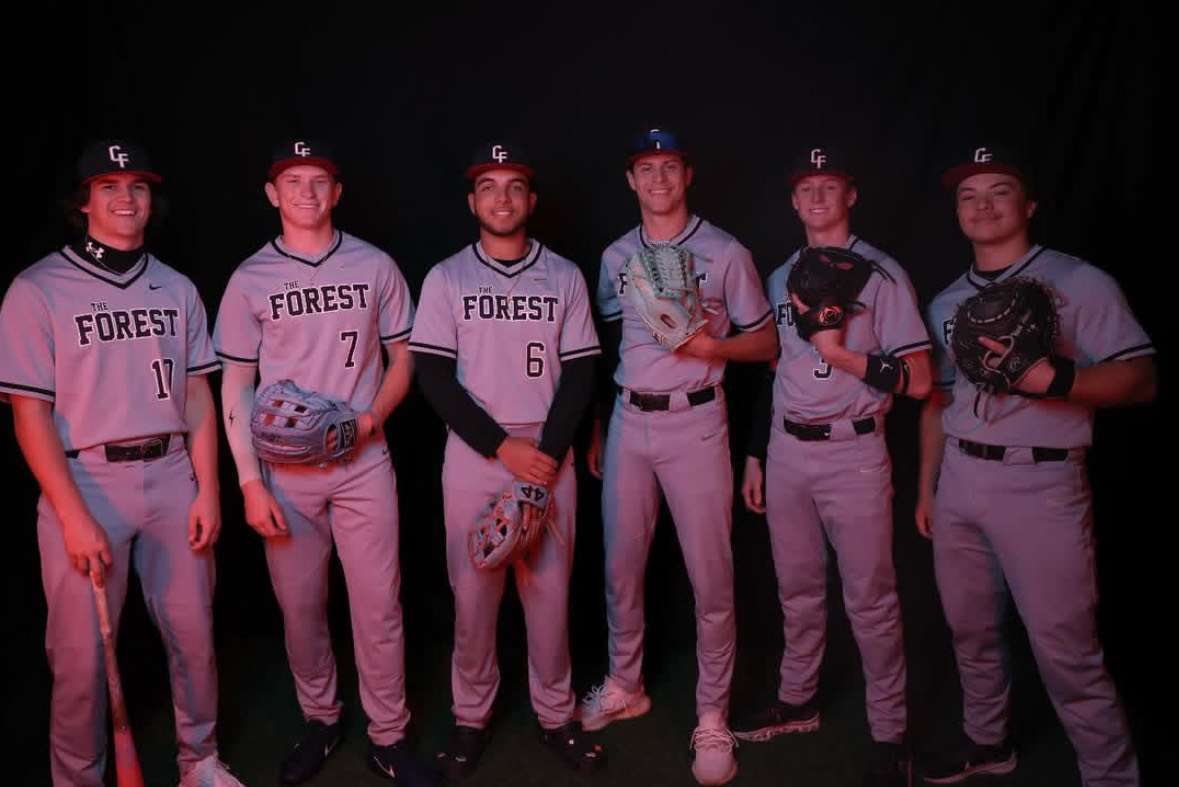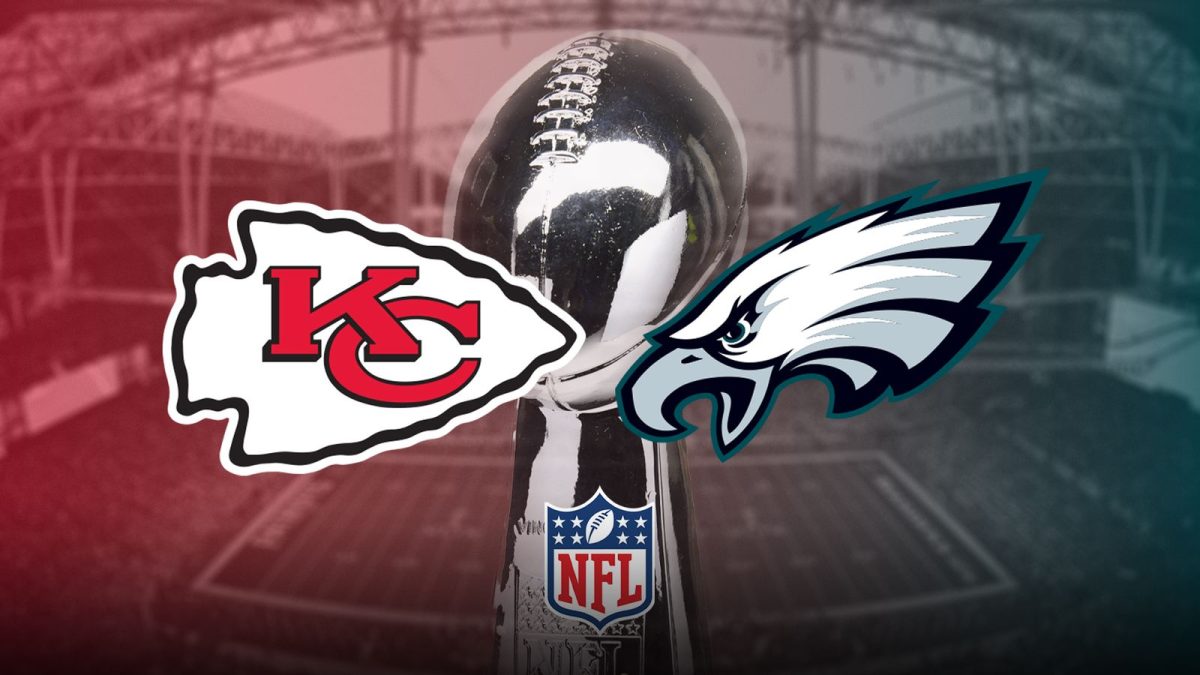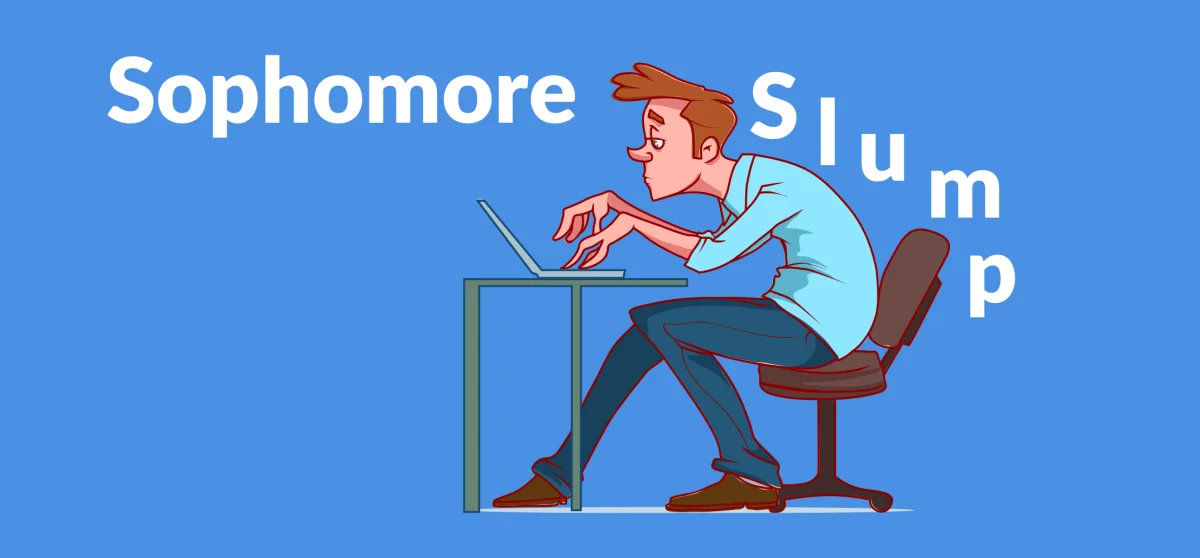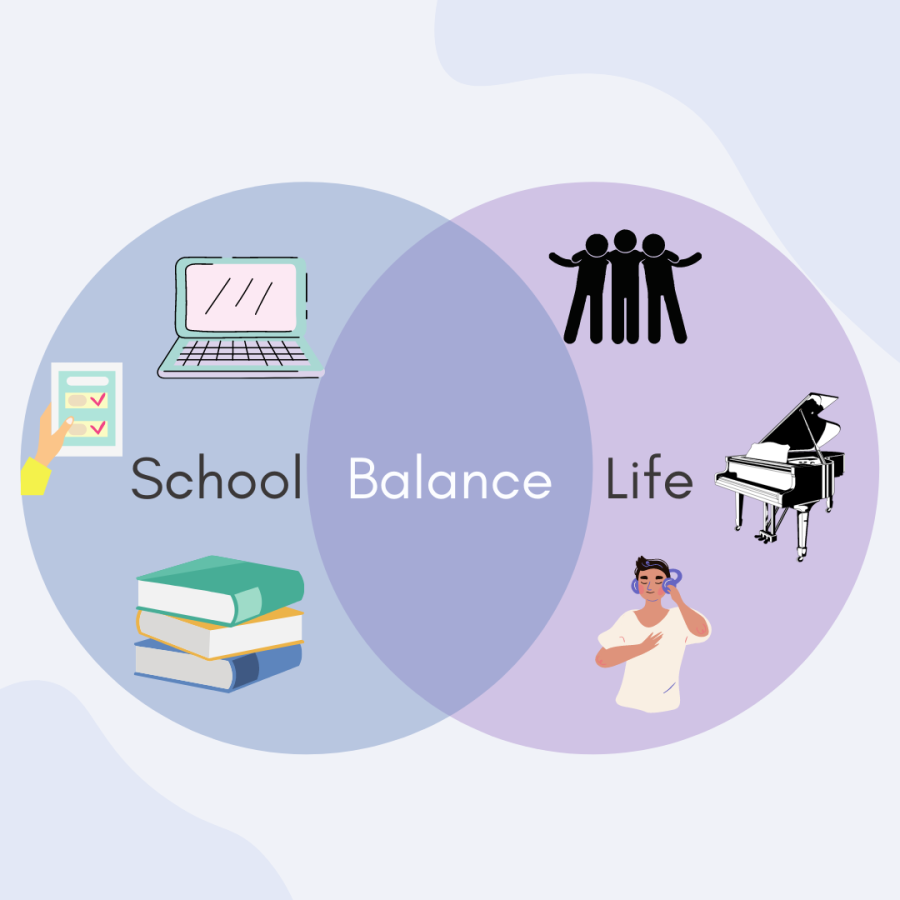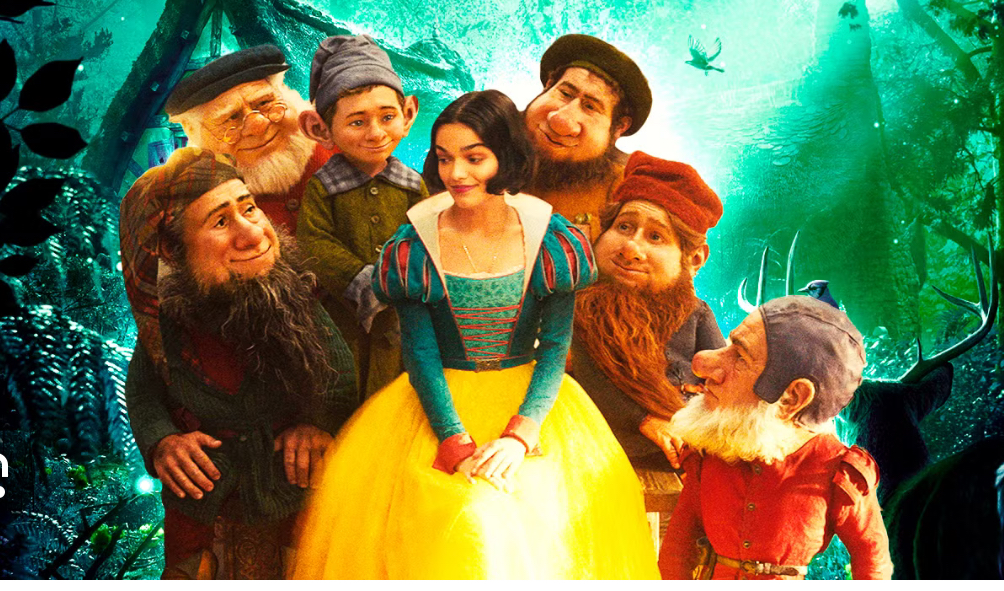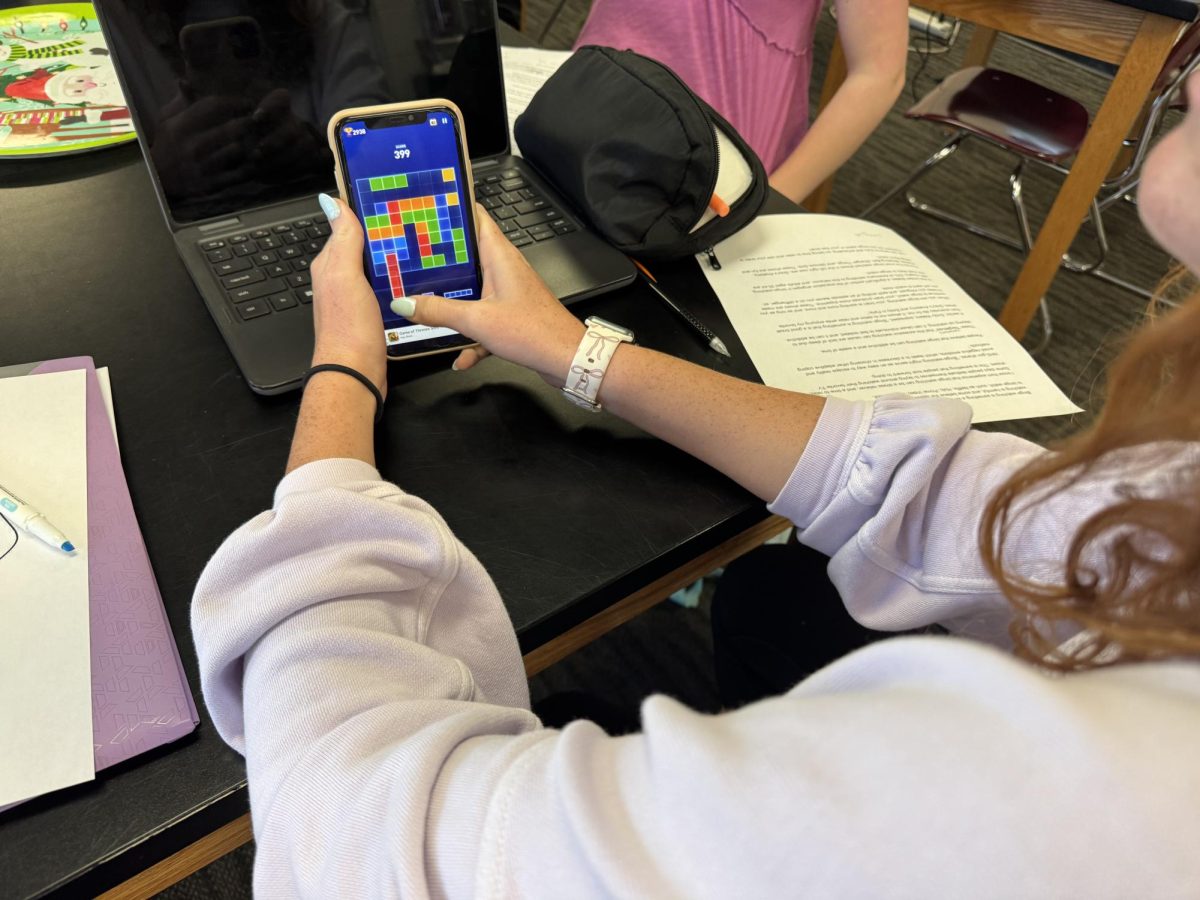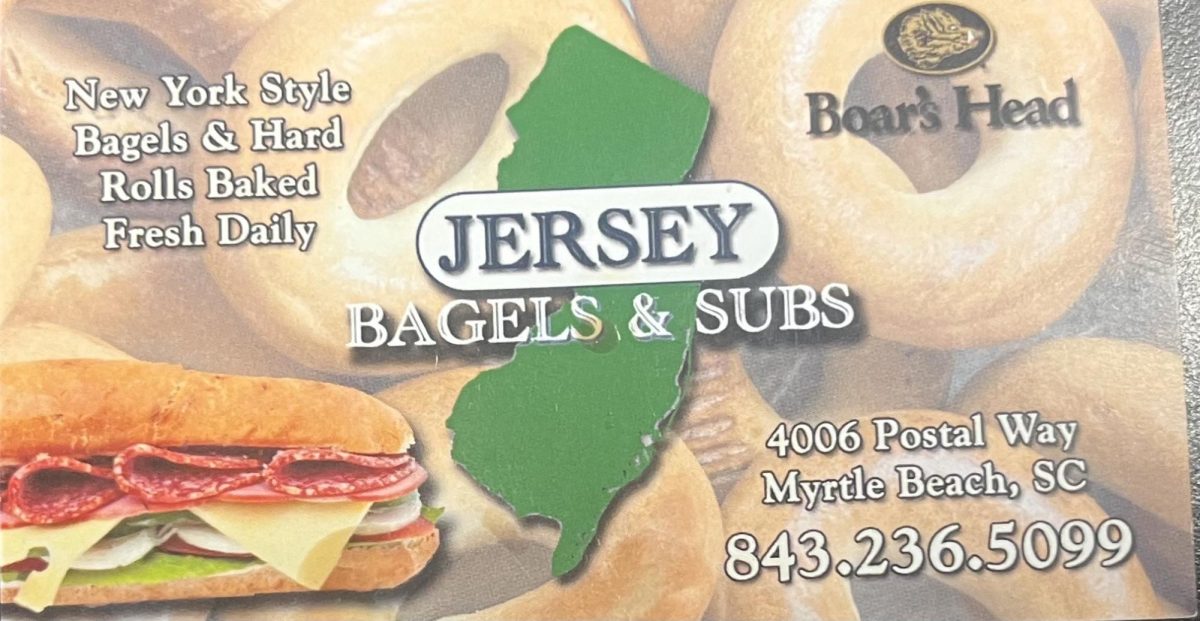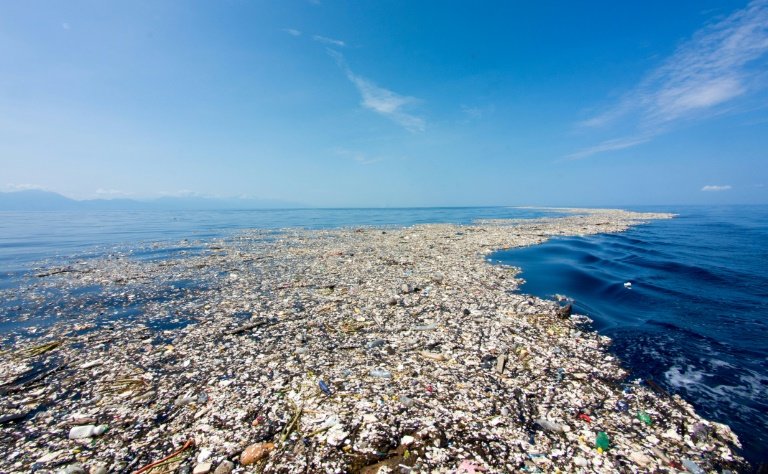The Sad Truth of Pollution
March 3, 2019
Pollution is the worst it’s ever been, and it’s taking a toll on the world. Recycling and alternative living campaigns have become more popular, but garbage continues to destroy ecosystems everywhere.
Pollution has begun to drastically affect our oceans. Coral reefs have begun deteriorating because the ocean’s acidity has increased. Although plastic doesn’t dissolve in water, it breaks down into small pieces and releases acid into the ocean. It’s killing coral reefs, which must be in water with a certain pH level to survive. Although the coral may deteriorate at a slow rate, it will eventually dissolve completely, and we will lose an important ecosystem.
Many different types of animals use coral reefs like a city. They live and find protection from predators there. Because of the drastic loss of reefs, marine biologists began making artificial reefs. They have the same benefits for fish and other animals as natural reefs, but it’s still not the same.
Marine debris, litter that ends up in the oceans, seas or other large bodies of water, also plays a big role in ocean pollution. This debris could be anything from household trash to abandoned fishing gear. It’s begun to make the ocean an unsafe home for marine life.
There’s a collection of marine debris in the Pacific Ocean known as the Great Pacific Garbage Patch. This trash vortex spans from the water of the West Coast of America all the way to Japan. It’s not known exactly how much space this “garbage patch” takes up because most of the trash sinks under the water. According to National Geographic, scientists discovered that 70% of marine debris sinks to the ocean floor, so it’s possible that there’s more trash under the vortex.
The Great Pacific Garbage Patch is a big threat to marine life, such as seals and albatrosses. Seals and other marine mammals get caught in abandoned plastic fishing nets and drown. This is occurring more often due to nets being left behind because of their low cost. An albatross could mistake plastic resin pellets for fish eggs and feed them to their chicks; the chicks will later die of ruptured organs or starvation.
Finding a solution to the many problems of pollution is a difficult task. Even though we can work to reduce the amount of trash that ends up in the ocean, nothing will save marine life from the damage that has already been done.








